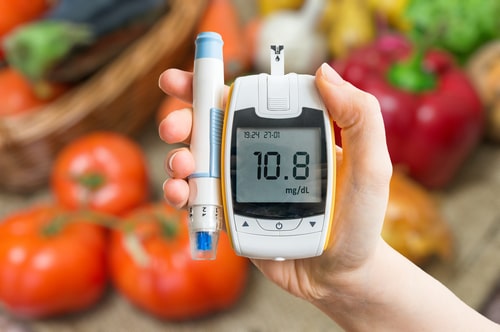
People often lose weight on very-low-fat and very-low-carbohydrate diets but the vast majority end up gaining the weight back very quickly. This suggests that very low-fat diets may actually slow a person’s metabolism down to a level where it is not burning calories as effectively as it could. So, instead of ranking your food on its calorie count look for its nutritional quality.
Here Are Some Reasons For Why All The Calories Are Not Same
Effect On Your Body:
Food calories affect the body very differently depending on their source and the overall context in which they are consumed. Many people consider “a calorie is a calorie” thinking that carbohydrate, fat, and protein calories are equal in terms of their effect on body weight but the body processes each in a different way, and these differences play a major role in weight management.
The main reason behind this is that you cut down the calories by skipping your meals. Your body considers this as the unavailability of food and therefore goes into conservation mode. In this situation, your body starts conserving each calorie you eat and effectively increase the value of each calorie by slowing down your metabolism.
Energy Requirement For Metabolism:
The major fact behind that ‘all the calories are not same’ is the energy required to metabolize the calories from different sources. Generally, more energy is required to process protein than carbohydrates and more energy is required to process carbohydrates than fat.
Effect On Appetite:
Protein generally reduces appetite more per calorie than fat and carbohydrate. Therefore, a person who increases his daily protein intake without decreasing the amount of carbohydrates, fat, or any other nutrient is likely to eat less due to reduced appetite. This also happens because protein provides you with a feeling of being full for longer as compared to carbohydrates or fat.
Fiber For Less Calorie Absorption:
Fiber is a form of carbohydrate which does not add up to calories but adds bulk to your food. It keeps you full for longer and therefore contributes to your satiety. Thus, a calorie inside a high-fiber food is not equal to a calorie inside a low-calorie food – yet another reason for a calorie is not a calorie.
Round The Clock:
The thermic effect of food (TEF) is a name for the energy used up as a result of digesting and absorbing a meal. A study published in the American Journal of Clinical Nutrition found that TEF is higher in the morning than in the evening which clearly means that we burn more calories in the morning. The effect of calories on body composition is also influenced by the size and frequency of meals. Food calories are more likely to be used immediately for energy used to synthesize muscle protein when they are consumed at times of energy deficit, such as first thing in the morning after the overnight fast. Numerous studies have shown that people build more muscle and gain less body fat when they consume adequate calories within two hours after exercise rather than the consuming same calories throughout the day.
The calories of food give you an idea of the energy being provided by that food and help you in managing your health and weight but before considering all the foods of the same calories to be the same look for its overall nutritional quality.





 1800-270-7000
1800-270-7000









You can definitely see your expertise in the paintings
you write. The arena hopes for more passionate writers like
you who aren’t afraid to mention how they believe.
All the time follow your heart.